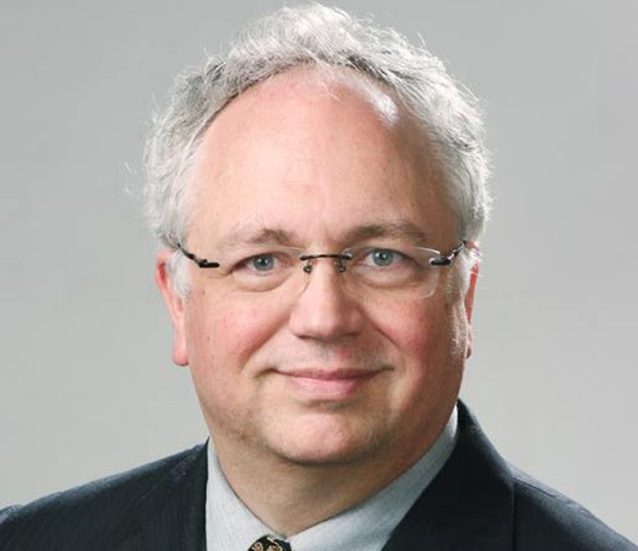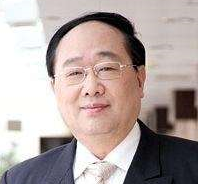The Nuclear Security Summit (NSS) in Seoul seemed an event that sideline meetings got more spotlights than the supposed main theme – nuclear security. In the sponsoring country of the NSS — the U.S., nuclear security has a quite clear-cut definition, which refers to protecting nuclear materials from being theft, trafficked or smuggled to unauthorized actors especially to the terrorists. Therefore, the hot-spot topics favored by most media such as North Korean nuclear and missile issue, Iran nuclear program, the Syria issue and even the disastrous Japanese nuclear accidents happened a year ago, actually are not on the formal agenda of the Summit. The arrangement obviously pushed the journalists to pay more attentions to the sideline meetings of the leaders, for example U.S. President Obama’s meetings with ROK President Lee Myung-bak, with Russian President Dmitry Medvedev and with Chinese President Hu Jintao. The leaders had to address the issues for they have a wide range of audience for the subjects. Thus, an awarded question for the Summit is why the organizers made utmost efforts to avoid those hot topics on the agenda?
NSS Initiatives In Seoul: Admirable but still a Long Way to Go
A direct answer to the question is that there have been many occasions for the leaders to address the topics of Nuclear Korea, Iran or Syria, but the Summit attended by more than 50 world leaders probably is the only one for the serious discussions on nuclear materials protection. To other words, the NSS is preserved for the discussion of protecting nuclear (or a little bit broader, radioactive) materials. The answer may not be bought by those who concern “hard security issues” in international affairs, but it does reflect the fact that there are many issues in the world, which are at least as urgent, as important and as dangerous as the North Korean or the Iranian nuclear issues. It is unhealthy if global agenda is overwhelmed by the “traditional” security issues. A global summit on non-traditional issues such as nuclear materials protection from this point of view should be admired because it to some degree will help balance the global security agenda.
The recognition of the intention of the NSS proposal, however, does not mean that it will be easy for the NSS to achieve its goals. On the contrary, like many other global governance proposals, the NSS initiative faces two very important obstacles.
The first is, although the participants of the Summit accept the importance of preventing nuclear materials from being illegally possessed, used or trafficked, they probably still have different assessments to the threat of nuclear terrorism and the urgency of nuclear materials protection. Therefore, the priorities of the participant countries are still different, which decides that the resources put on the subject might not be as many as expected by the organizers.
Secondly, countries at different stages of development still have different preferences to international actions. Therefore, it might be relatively easier for countries to make voluntary commitments on protecting fissile materials, but it will be much harder if the NSS wants to go steps further, for example requiring states to accept a kind of tracking system so that their voluntary commitments are checked and verified.
With the limitations on the ground, it is fair to say that the NSS initiative sets its goals quite high for the participants, no matter referring to the direct goal of securing all vulnerable nuclear materials in four years or the broader and longer term goal of establishing a framework of global management on nuclear materials. To achieve the goals, the NSS does need great supports from major players of the international system.
As an important participant to world affairs, China attaches great importance to the NSS. President Hu attended both of the Summits, elaborating China’s policy on nuclear security and committing to participate in international cooperation on nuclear security. Last year, according to a memorandum of understanding between China and the U.S., China began the construction of a center of excellence, which will serve as a place for exchanging best practices and technical information and help meet the training needs in Asia-Pacific and carry out exchanges with other regions. China has strengthened its domestic management system of nuclear energy and nuclear materials. It actively engaged in extensive international nuclear security cooperation, ratified the Amendment to the Convention on the Physical Protection of Nuclear Material and the International Convention for the Suppression of Acts of Nuclear Terrorism.
All of the actions taken by China on nuclear security issue suggest that China works in a very pragmatic way in participating in international nuclear security and safety cooperation. Identifying itself as a developing and Asia-Pacific country, China possibly will contribute more in future to the two communities’ dialogues and cooperation on nuclear issues.
For a global governance topic like nuclear security, which has not accumulated enough consensuses on priorities and approaches, it probably needs more dialogues and cooperation at different levels to keep the momentum and promote the progress. East Asia is a region which needs more serious dialogues on nuclear security issues, because the region enjoys fast economic development but lacks of energy supply. The region has a substantial demand for nuclear energy, although last year’s nuclear accidents in Japan cautions the nuclear energy options in the region. However, considering the reality of energy supply shortness, the region probably will still see more nuclear plants in future. Thus, how to ensure nuclear plants safety and nuclear materials secure will become a critical question for East Asian countries.
Besides its global agenda, it will be even better if the NSS in Seoul can become a driving force for East Asian cooperation on nuclear security and nuclear safety issues. South Korea, Japan, China and many other East Asian countries have common interests on the subject and they do have their advantages in various areas. East Asian countries should work on a good regional agenda on nuclear security and safety.
Wu Chunsi, Executive Director of Institute for Strategic Studies, Shanghai Institutes for International Studies.
You might also like
- Maria Rosaria Coduti PhD Candidate at the University of Sheffield
- James H. Nolt Adjunct Professor at New York University
- Li Ruogu Vice President,China Foundation for Peace and Development
- Ben Reynolds Writer and Foreign Policy Analyst in New York
- Colin Moreshead Freelance Writer



